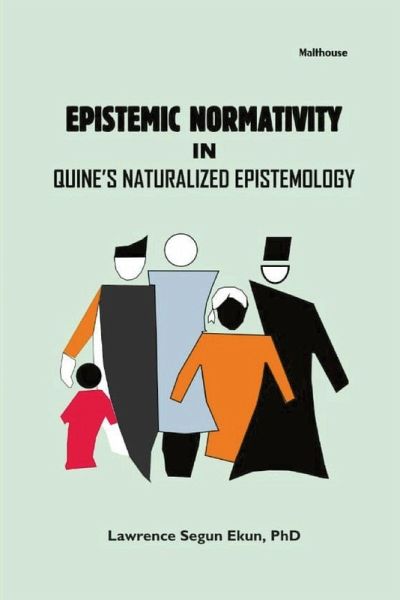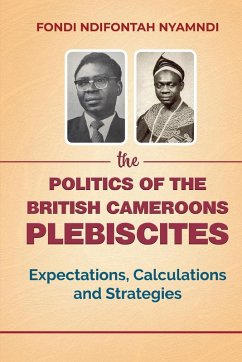
Epistemic Normativity in Quine's Naturalized Epistemology
Versandkostenfrei!
Versandfertig in 1-2 Wochen
36,99 €
inkl. MwSt.

PAYBACK Punkte
18 °P sammeln!
This six-chapter book examines Quine's effort in his Naturalized Epistemology to interface between philosophy and science by providing epistemological framework that is informed by and integrated with the results of empirical sciences like psychology and cognitive science. Quine's critics have questioned the possibility of such a descriptive project to account for epistemic normativity on the ground that a purely descriptive, scientific approach cannot tell us how we should form beliefs. The argument of the critics is that the project to naturalize epistemology might simply describe how belief...
This six-chapter book examines Quine's effort in his Naturalized Epistemology to interface between philosophy and science by providing epistemological framework that is informed by and integrated with the results of empirical sciences like psychology and cognitive science. Quine's critics have questioned the possibility of such a descriptive project to account for epistemic normativity on the ground that a purely descriptive, scientific approach cannot tell us how we should form beliefs. The argument of the critics is that the project to naturalize epistemology might simply describe how beliefs are formed, without providing any guidance on whether those beliefs are justified or true But, among other insights, the author argues that Quine's Naturalized Epistemology can accommodate epistemic norms, suggesting that it can help us understand how to achieve our epistemic goals and potentially rectify misconceptions about epistemic normativity in a descriptive discipline. By studying how humans acquire knowledge, we can potentially identify reliable methods for forming true beliefs and address sceptical challenges. "In this book, Dr. Ekun simplifies the discussion of Quine's Naturalized Epistemology and the criticisms that it aroused in philosophy in general and epistemology in particular. Identifying the problem of normativity as the most debilitating of the objections, he comes up with a contextual theory of epistemic normativity to show that epistemology can be naturalized without necessarily denying it of the normative content. This, he carefully employed to douse the tensions raised by the critics. The book does not only enlighten the readers about the subject matter of philosophy but also takes the readers through some core areas of epistemology. Dr. Ekun painstakingly renders his views in a language that carefully breaks down, to their simplest forms, the epistemic registers, which, ordinarily, would have harboured some epistemic technicalities and linguistic obscurantism. He provides a very rich source for epistemology and the problem of knowledge in this single volume. The book has six chapters and a very rich bibliography to assist readers who may be interested in further research on the subjects that consticute the content of the book. - Professor Yunusa Kehinde Salami, PhD, FPAN, MNAL Department of Philosophy, Obafemi Awolowo University, lle-Ife. Nigeria.












